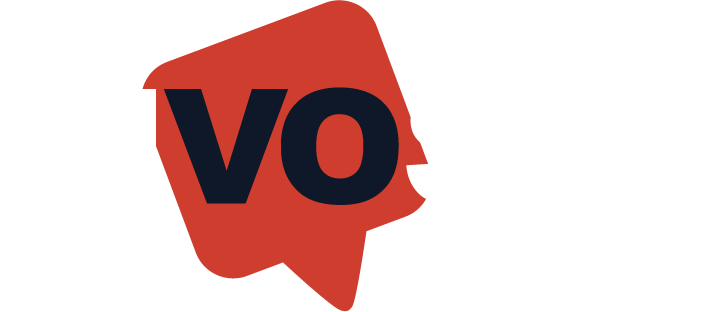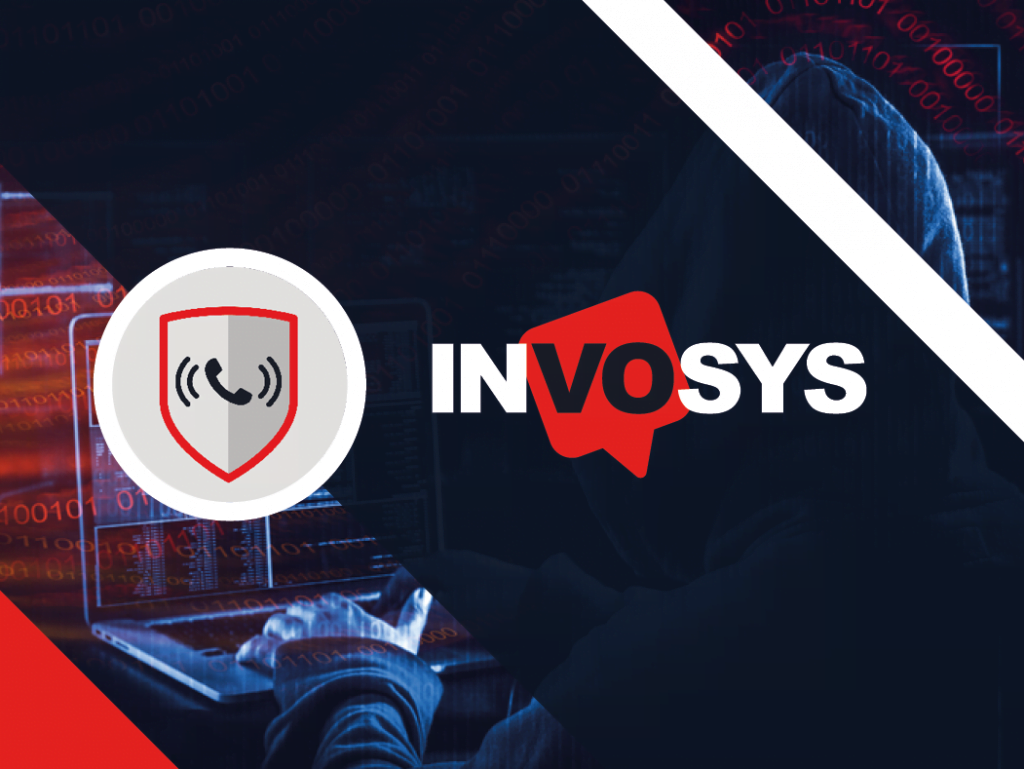It’s no secret that cyber attacks have become a regular occurrence for businesses around the world.
With such swathes of existing data and more created each day, hackers are spoilt for choice when it comes to deciding who their next victim will be. And, now that a vast chunk of the world’s workforce is working remotely and relying on cloud-based systems, the risk of an attack or a breach is higher than ever.
In response, many organisations have developed sophisticated systems and software to protect their networks. But are they enough? What should we really be looking out for?
The perfect storm
In 2022, 39% of UK businesses have already identified a cyber attack on their company — the same figure as the whole of 2021. However, enhanced cyber security measures lead to increased identification of attacks, meaning organisations with less mature security infrastructure may be underreporting.
If a cyber attack is successful, it can result in a detrimental data breach. Cyber attacks often result in a substantial financial loss, and companies tend to incur significant costs repairing affected systems, devices and networks. However, there are also legal and reputational consequences of a cyber breach that are much more difficult to rectify.
In the modern age, cyber attacks are a common accompaniment to warfare, and they’re used not only to infiltrate government systems but also to disperse propaganda and spread fear. The devastating conflict between Russia and Ukraine has had a global impact, displacing millions of Ukrainians from their lives and causing rifts in industries worldwide. We’ve already seen a spike in cyber attacks due to the Ukrainian war. Whilst these have mostly taken place within Ukraine, there have been warnings of overspill into other countries.
As such, businesses everywhere are on high alert.
A social engineering enterprise
The increasing threat to every company in the digital age makes cybersecurity awareness more important than ever. Did you know that roughly 85% of all email traffic in the world is spam? Spam emails typically take two forms: marketing or malware. And whilst most spam filters catch and prevent these emails from reaching our inboxes, many of them still slip through the net.
So, although the risks of a business’ systems getting hacked in real-time by breaching security software and firewalls are still prevalent, the real danger usually comes from within. Did you know that 95% of cybersecurity breaches are a result of human error? And of these, 90% are usually totally avoidable — if you know how to avoid them.
Ensuring your staff are all alive to the signs of a cyber attack is one of the best forms of cybersecurity. No matter how many high-tech security systems or impenetrable firewalls you have in place, they won’t stop a colleague from falling victim to a convincing email or text containing catastrophic malware.
Accessing a business’ sensitive information can also happen over the phone. It’s not totally new, but phone fraudsters are tapping in to technology that lets them present a different number to the one they’re calling from, a technique known as ‘spoofing’. Often, these kinds of criminals take advantage of a company’s IVR menu, trying every series of digits possible to pass the next security level.
But it doesn’t stop there. Cyber criminals take advantage of social media accounts, as well as act as a business’ CEO to win the trust of employees. There are myriad avenues for hackers to take — all of which come down to individuals’ cybersecurity awareness.
Anyone can be a target
No business or individual is safe from a cyber attack. Even Invosys receives probing at all hours to our systems’ entry points as criminals and automated systems, from all over the world try to identify weaknesses. And as a downstream provider, we always feel the impact of cyber attacks on large-scale telephony outfits.
To ensure we never miss a trick, we run automated test calls into every end-point of our platforms that will identify if something isn’t right. If a test picks up on any inconsistencies, we’ll receive an SMS alert to say the testing has failed — allowing us to pinpoint the location of the failure and address it as a team.
Implementing geo-blockers as a preventative measure against cyber attacks is advisable, keeping users outside of our known client locations from ever being able to access our systems. However, whilst this kind of automated blocking can successfully safeguard systems against hackers, you always run the risk of blocking legitimate traffic. So, what more is Invosys doing to protect our network?
Risk management is everyone’s business
Basic cybersecurity really is everyone’s business. Many professionals think they’re too smart to be caught by an email containing malware. But often, hackers follow refined, sophisticated processes that often align in a series of coincidences to stage the perfect scam.
Of course, Invosys has several firewalls, multi-factor authentication and VPN measures active to prevent basic attacks on our internal systems and our customers’ data.
However, we run cybersecurity awareness training sessions to educate our staff on the telltale signs of a scam. Whether it takes place via email, text, phone call or social media, we’ve prepared our team to not only know what to look for but also how to minimise the initial risk and deal with the consequences if something goes wrong. Our cybersecurity training encompasses everything from how to choose a strong password to the benefits of cloud sharing. We believe that thorough and regular training is essential in this ever-evolving landscape of digitisation and cybersecurity.
And, whilst we’ve mentioned that there’s no single system that’ll safeguard your business, Invosys’ new Call Shield product provides the perfect blend of artificial intelligence (AI) with human intervention to prevent caller fraud. Call Shield uses AI to flag a call as potentially fraudulent or spam, allowing our customer to configure the settings and pass the call onto a team of real people to establish the best course of action.
Ultimately, it’s up to us to make sensible and informed decisions, and that all starts with our staff.
Want to know more about Invosys’ cybersecurity measures or are keen to learn about our new Call Shield solution? Get in touch today to book a demo, or simply give us a call at +44 (0)161 444 3333 if you have any questions.



